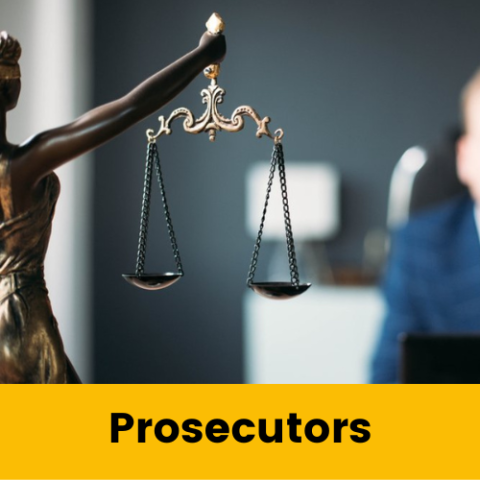Date of Offense
Reporting Authority
Supporting Document(s)
Statement
When judge ruled to hold defendant over to trial and said court would have benefited from pics instead of telling him the deputy stated in police report she took pics of all injuries. She withheld evidence of pics to establish extent of victim alleged injuries. Knew deputy lied as to location where deputy spoke with alleged victim. Decided which of two booking applications to use that arresting deputy submitted. He submitted one saying he arrested defendant on outstanding warrant (which was the one he submitted when he booked defendant) and the other was on site arrest. Nicole then question deputy as to arrest saying there was an outstanding warrant knowing it’s not signed by judge as well as aware the deputy never even completed the affidavit


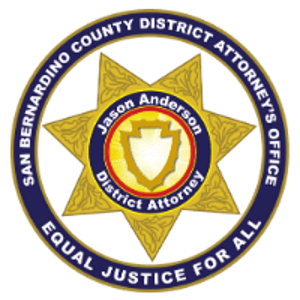
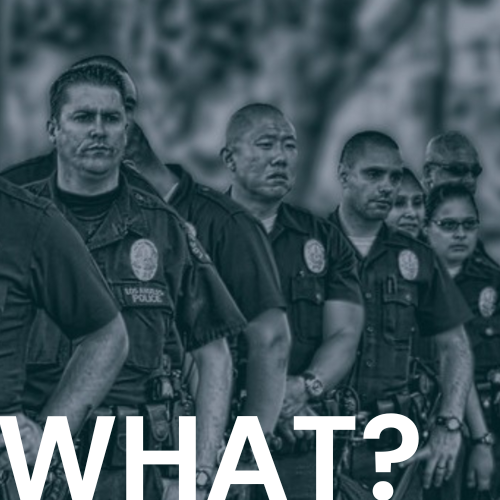
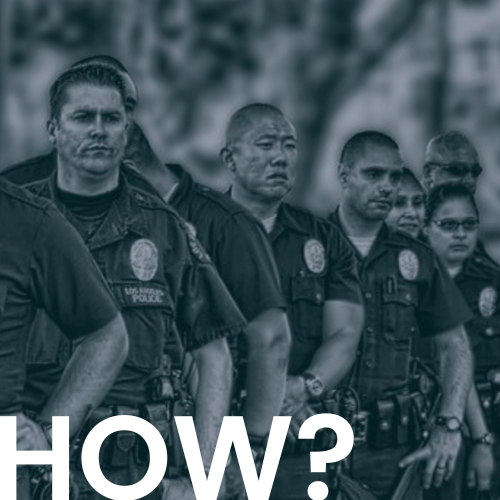
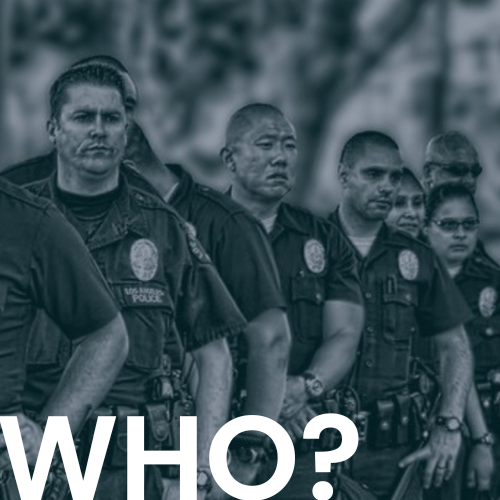
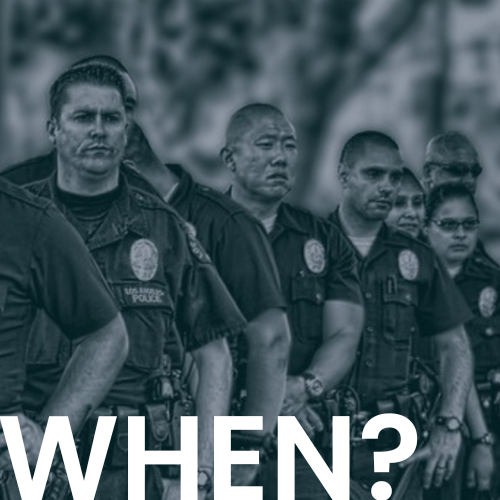

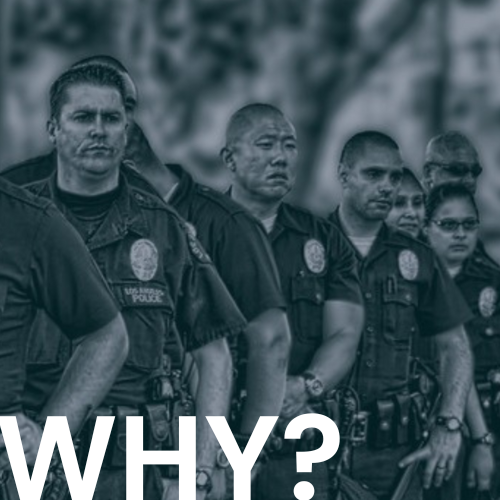
![Peace Officer Standards & Training [POST] Departments Peace Officer Standards & Training [POST] Departments](/sites/default/files/styles/large/public/2023-07/Brady.png?itok=xsIFvU8R)
![Organizations [Law Enforcement et al.] Organizations [Law Enforcement et al.]](/sites/default/files/styles/large/public/2023-07/Brady%20%282%29.png?itok=H7Pj15F8)

